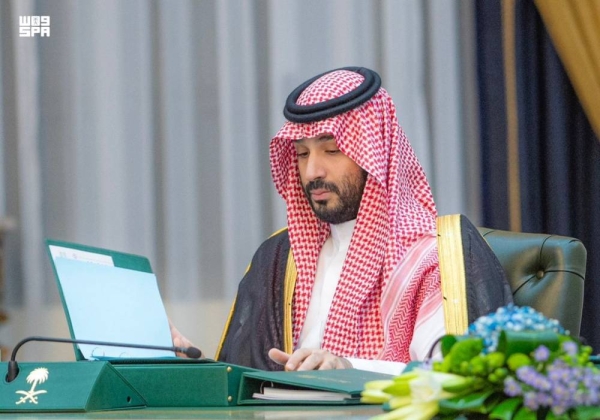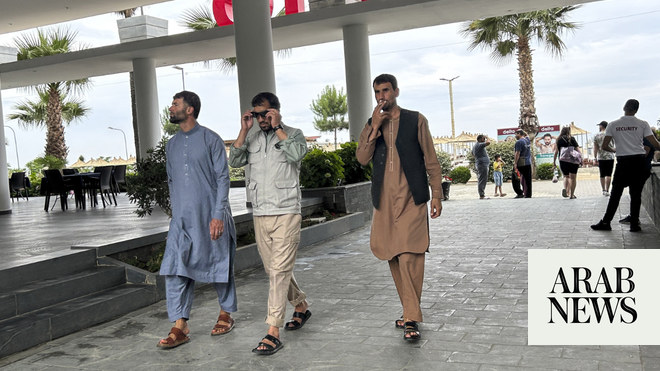
The year 2020 was an eventful one for Afghanistan. The coronavirus disease (COVID-19) pandemic and the US-Taliban peace deal were two notable issues. Now it is time to reflect on how these two events affected Afghan society and what the implications are for 2021.
The pandemic hit the country hard, not only in terms of casualties and long spells of suffering for large portions of the population, but also the economic hardship that both individuals and the business community suffered due to lockdown and the general economic decline. Education was also adversely affected due to schools, colleges and universities being closed for long periods. Very few private schools were able to continue their academic programs through online platforms. At the beginning of winter, all education institutions were closed once again amid fears of a renewed wave of the disease.
Official statistics provided by the World Health Organization report only about 50,000 cases in the country, with just over 2,200 deaths. However, these figures are far from the reality on the ground. Due to extremely limited testing capacity, the actual number of positive cases is believed to be much higher. The number of deaths is also much greater than the figure reported. The majority of those with symptoms refrained from visiting public hospitals due to their lack of facilities and proper care, preferring instead to stay home or visit private clinics. To minimize the spread of the pandemic, the government was somehow able to enforce lockdown for several months, which partially helped in minimizing exposure to the infection. But continuous lockdown was no longer economically feasible and had to be ended.
The complexity of the situation has left ordinary Afghans vulnerable and confused regarding the future of their country.
Ajmal Shams
In February, the peace agreement between the US and the Taliban was signed after months of tough negotiations between the two sides. This was just weeks before the country started to suffer from the gradually increasing number of cases of COVID-19. The deal was historic as it raised hopes of an end to the four decades of conflict in Afghanistan. However, the Afghan government gave the impression that it had been sidelined. The release of Taliban prisoners and the start of the intra-Afghan dialogue in Qatar also happened under international pressure and with wide public support for peace within Afghanistan. The pace of these negotiations has been slow so far. For months, the two sides could not even agree on the rules and procedures for the talks, which they finally agreed in early December before taking a long break. They are planning to resume talks this week. Meanwhile, the Afghan government demanded that future talks with the Taliban be held inside Afghanistan. This move, however, did not attract much national or international attention. The coming round of negotiations is planned to be held in Doha.
Although the US-Taliban agreement does not include a reduction in violence as part of the deal, the major US peace envoy, Zalmay Khalilzad, has been repeatedly calling for this as a confidence-building measure. However, 2020 was one of the bloodiest years for Afghanistan, with a devastating impact on civilians in terms of casualties. Targeted killings and deaths from improvised explosive devices were an almost daily occurrence. The complexity of the situation has left ordinary Afghans vulnerable and confused regarding the future of their country. The government’s security agencies have not risen to the occasion to protect the lives of ordinary citizens from criminal gangs or groups with political motives.
As for the COVID-19 relief efforts, the public perception of the government’s use of funds allocated for mitigating the impacts of the pandemic was not positive. It is widely believed that aid packages did not reach those that were desperately in need. The healthcare system was in total despair during 2020, with charges of embezzlement and corruption. Just last week, President Ashraf Ghani removed the public health minister due to the public’s outrage at the ministry ever since the beginning of the pandemic.
Afghanistan entered 2021 with a new wave of the pandemic, continuing insecurity, uncertainty in the progress of peace talks, and high levels of poverty and unemployment. November’s Geneva conference was something of a success for the government, which received pledges of aid until 2024, but the conditionality of aid flows on peace, the fight against corruption, and improved governance remain major challenges in 2021 and the years ahead. With all the bitter memories of past years, Afghans entered 2021 with renewed hope of a better future.
Ajmal Shams is President of the Afghanistan Social Democratic Party and is based in Kabul. He is a former Deputy Minister in the Afghan National Unity Government. He tweets @ajmshams
Disclaimer: Views expressed by writers in this section are their own and do not necessarily reflect Arab News" point-of-view












